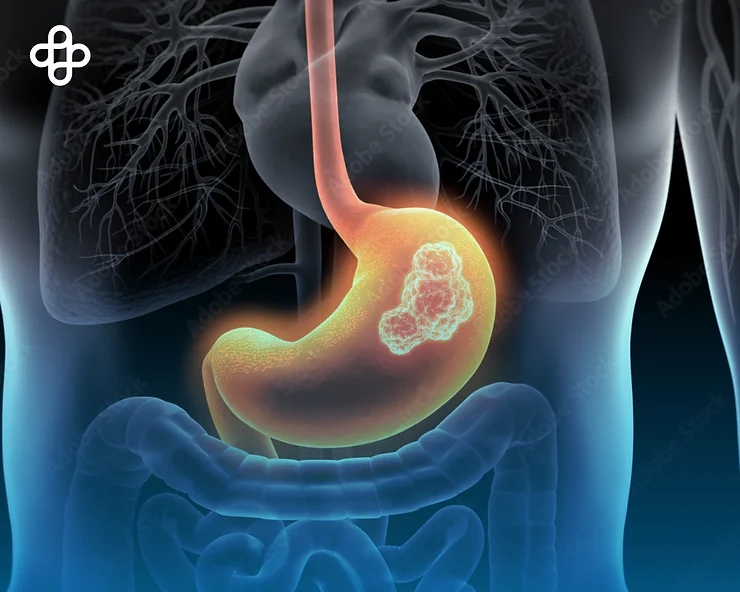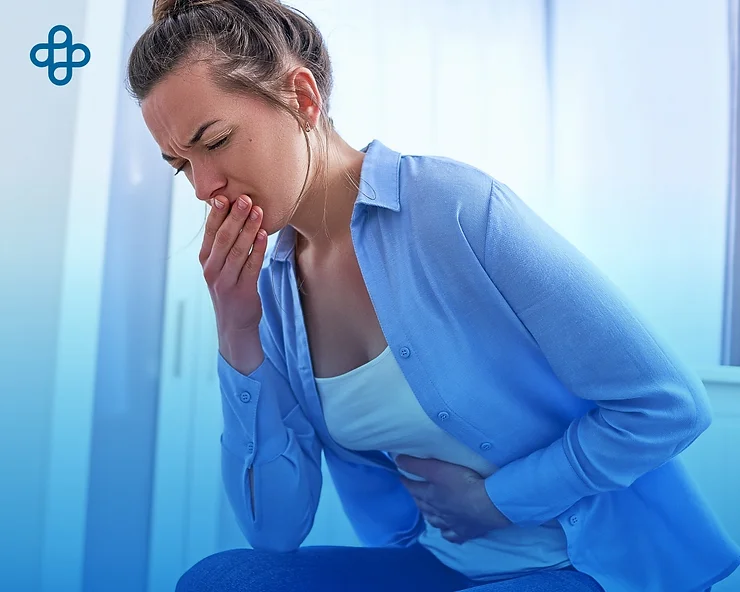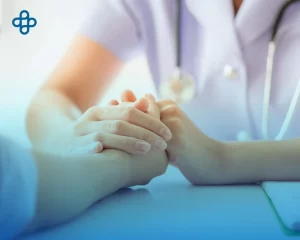Prevent Gastritis: Symptoms and Useful Tips. Discomfort or burning pain (indigestion) in the upper abdomen that may worsen or improve with eating. Nausea. Vomiting. The feeling of fullness in the upper abdomen after eating. These are some symptoms of gastritis.
Most people with gastritis or gastropathy have no symptoms.
In some cases, gastritis and gastropathy cause indigestion symptoms, also known as dyspepsia. Symptoms according to the National Institute of Diabetes and Digestive and Kidney Diseases (NIDDK) may include:
- Pain or discomfort in the upper abdomen
- Nausea or vomiting
- Feeling full too soon during a meal
- Feeling full after a meal
- Loss of appetite
- Weight loss

If gastritis or gastropathy causes erosions or ulcers, the stomach lining could bleed. If a person has symptoms of stomach bleeding, they should seek medical attention immediately. Symptoms of stomach bleeding may include:
- Stools that are black or tar-like, or red or brown blood mixed with stools
- Cramps, discomfort, or pain in the abdomen
- Feeling tired, shortness of breath, or dizziness
- Vomiting red blood or vomiting that looks like coffee grounds
If a person has mild bleeding in the stomach, they may have a small amount of blood in the stool without noticing it, known as occult bleeding.
Eternal Medical Center The severity of the disease and its duration depend on the causative agent, so in most cases, gastritis heals when the substance, disease, or condition that causes it disappears.
The main complications that can occur are bleeding and an increased risk of stomach cancer. Occasionally, if the mucosa lining the stomach remains altered for too long, acids can cause ulcers. The most serious complication is stomach cancer.
How to know if it’s dyspepsia or gastritis?
If dyspepsia symptoms persist for three or more weeks, you should consult a doctor, who will determine what disease you have and what the treatment is after examining you.
In some cases, it may be necessary for you to undergo an upper digestive tract endoscopy, an examination in which the specialist will look inside your stomach, and depending on what they observe, may or may not take samples for further study.
Symptoms of Gastritis Once there is clarity about what is happening to you, your doctor will prescribe the appropriate treatment.
Do not forget that if abdominal pain is very strong and does not go away, the stools are black, or blood or a coffee grounds-like substance appears in vomit, you should see a specialist.
Finally, If you want to know more, visit our article on What Are Stem Cells.





